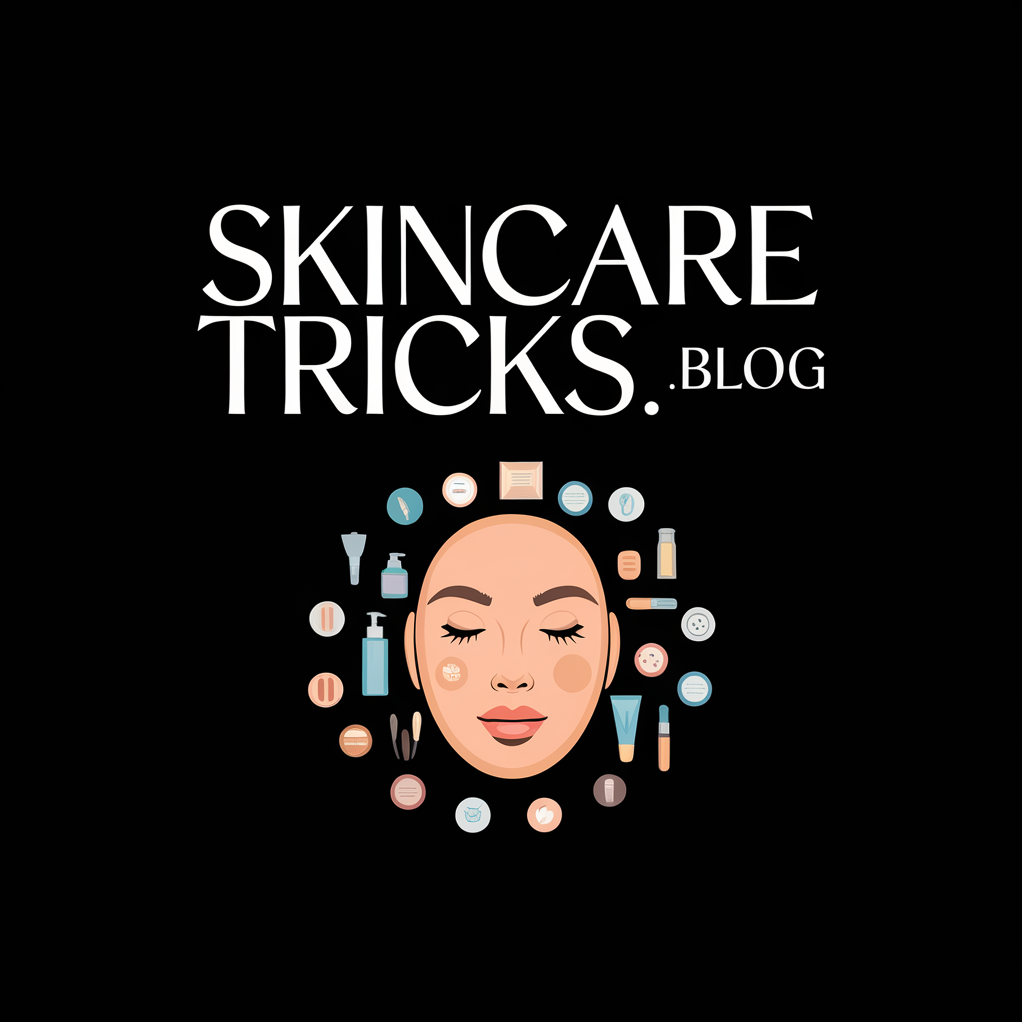Why You Should Rethink That ‘All-Natural’ Skincare Product
Over 60% of consumers believe that “all-natural” skincare products are inherently safer than their synthetic counterparts. However, this perception can be misleading, as natural ingredients can still cause allergic reactions or irritation. With varying regulatory definitions and marketing tactics that often blur the lines, it’s essential to scrutinize what you apply to your skin. Let’s explore why these beliefs may not hold up and how to make more informed decisions for your skin health.
The Myth of ‘All-Natural’ Ingredients
What does “all-natural” really mean when it comes to skincare products?
You might believe it guarantees safety and efficacy, but that’s a natural skincare myth. Ingredients labeled as “natural” can still cause irritation or allergic reactions. Regulatory definitions vary, and not all plant-derived substances are beneficial. Scrutinizing ingredient lists is essential, rather than relying solely on marketing claims of “all-natural.” Furthermore, many natural products lack consistent results due to variations in formulation and ingredient sourcing.
Understanding Ingredient Safety
Understanding ingredient safety is crucial for making informed decisions about skincare products. Not all ingredients labeled “natural” are inherently safe; some can cause allergic reactions or skin irritation.
Research the potential effects of active components in your products. Look for peer-reviewed studies or consult dermatologists to better understand how ingredients interact with your skin and overall health, ensuring your skincare choices are truly safe. Additionally, incorporating effective ingredients like hyaluronic acid and retinol can significantly enhance your skin’s vitality while ensuring safety.
The Role of Marketing in Skincare
Marketing significantly influences your perception of skincare products, often blurring the lines between genuine efficacy and appealing rhetoric. To understand how marketing tactics shape your choices, consider the following table that compares common phrases used in skincare advertising:
| Marketing Phrase | Implication |
|---|---|
| “All-Natural” | Safe and effective |
| “Clinically Proven” | Backed by scientific studies |
| “Dermatologist Recommended” | Trusted expert approval |
| “Hypoallergenic” | Less likely to cause reactions |
| “Luxury” | Higher quality |
Common Misconceptions About Natural Products
Here are some common myths you might encounter:
- Natural means safe; synthetic is harmful.
- All-natural ingredients are always effective.
- No preservatives equate to fresher products.
- Essential oils are harmless in any concentration.
- More ingredients always mean better results.
Additionally, it’s crucial to understand that some natural products may trigger allergies due to botanical extracts.
Regulatory Oversight: What You Need to Know
How can you be sure that the all-natural skincare products you choose are truly safe and effective?
The reality is, the FDA doesn’t regulate “natural” labels. This means companies can market products as all-natural without proving safety or efficacy.
Research ingredients thoroughly and seek products backed by peer-reviewed studies or dermatological recommendations to ensure you’re making informed choices for your skin health.
Making Informed Choices for Your Skin
Are you certain that your skincare routine is truly beneficial for your skin? To make informed choices, consider these crucial factors:
-
Ingredients: Research the efficacy and safety.
-
pH Balance: Ensure products match your skin’s needs.
-
Allergens: Identify potential triggers for irritation.
-
Product Claims: Scrutinize marketing versus scientific backing.
-
Personalization: Tailor your routine to your unique skin type.
Making informed choices means being aware of harmful ingredients that can negatively impact your skin’s health.
Being informed empowers you to achieve healthier skin.

